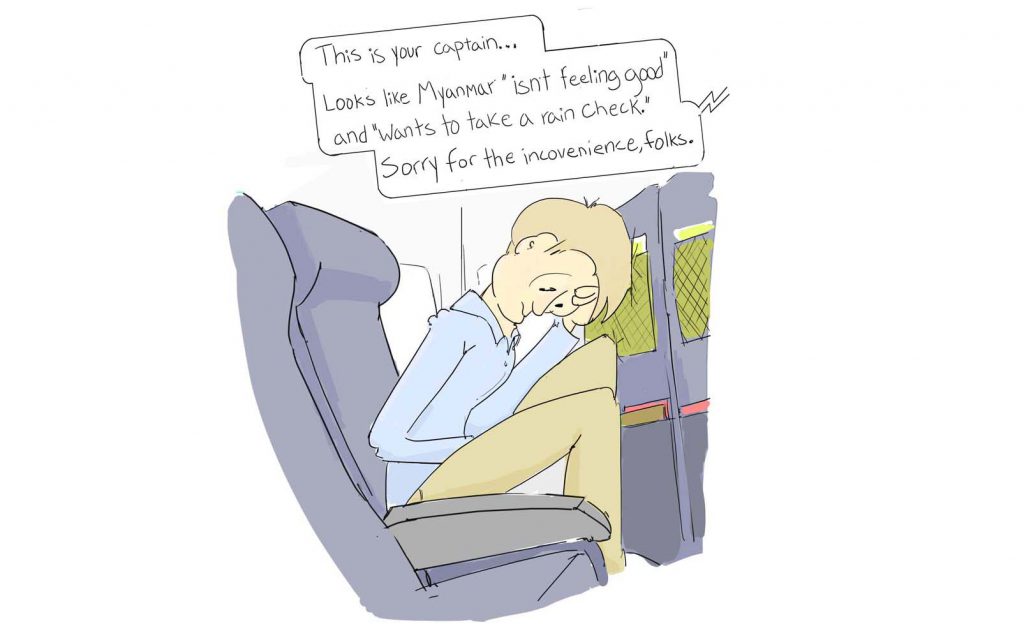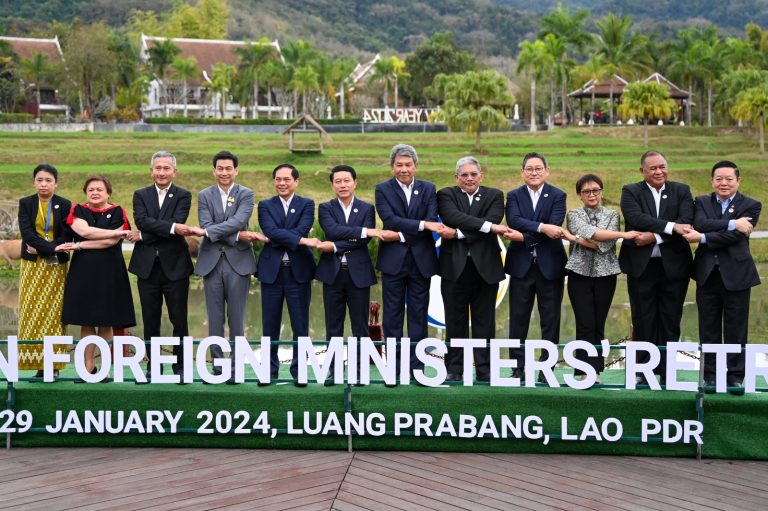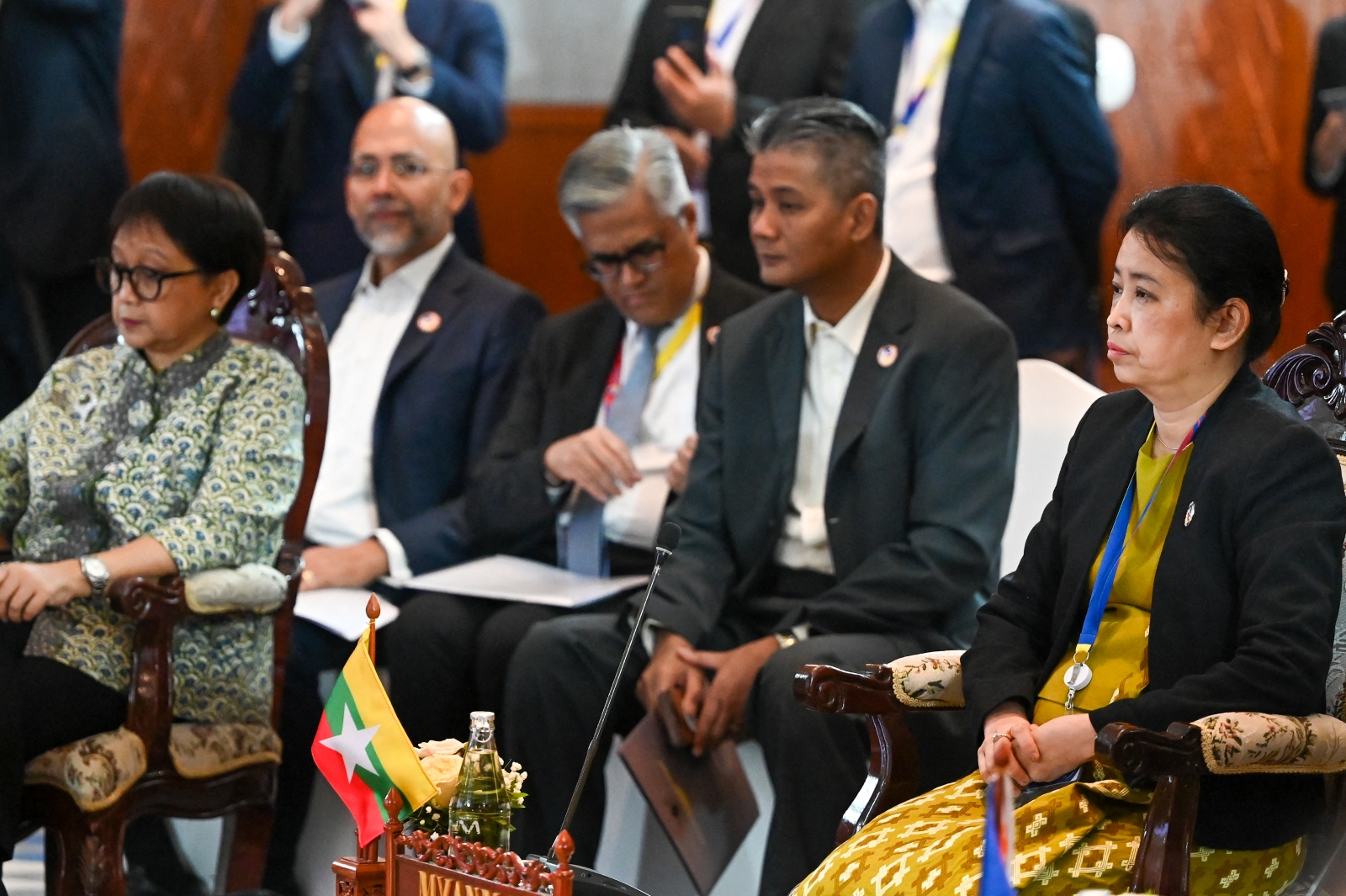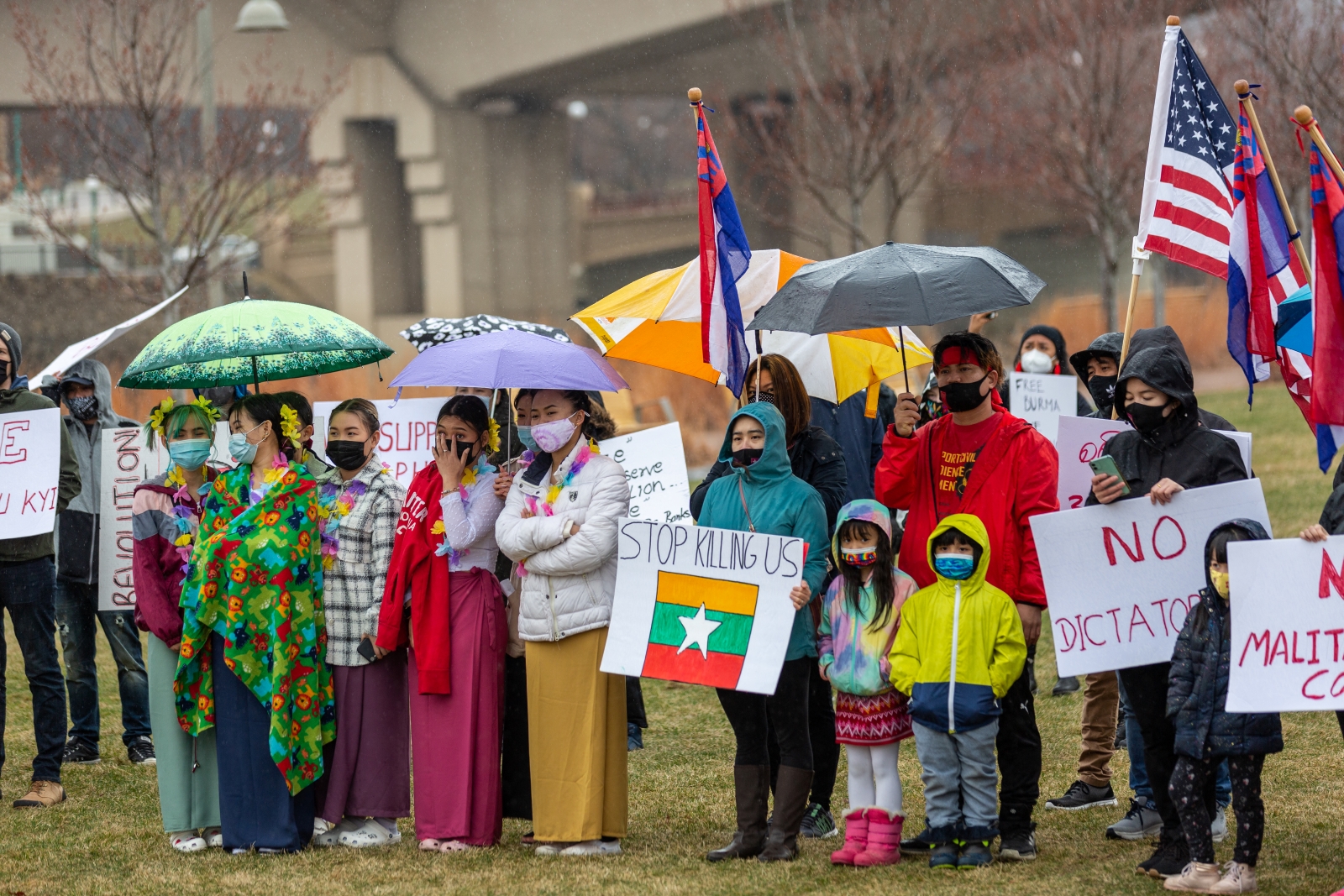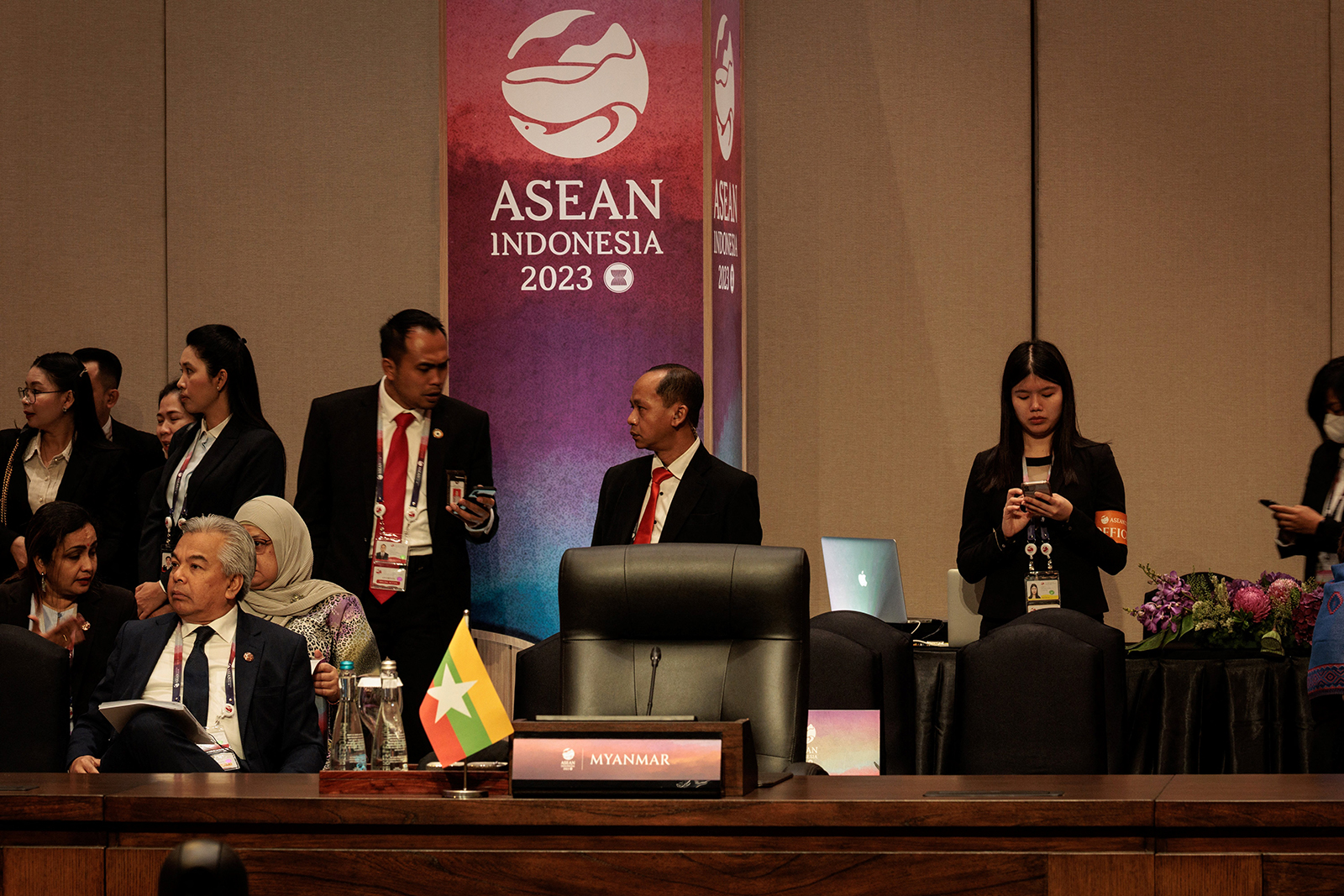The cancellation of a study tour to Myanmar is a concerning sign of the country’s political climate.
By THOMAS KEAN | FRONTIER
“I am writing with an urgent and disappointing update on the Myanmar study tour leg…” the email began.
This can’t be good, I thought.
It was Saturday September 1 and I was due to fly out the next day for Washington to participate in the Senior Journalists Seminar, a three-week immersive programme run by the East-West Center for journalists from the United States, Asia, the Middle East and North Africa.
The trip was supposed to start in the US, from where we would visit Myanmar and Tunisia, and learn about religion’s role in the public sphere, particularly as it concerns US relations with Muslim majority regions.
Only now, we wouldn’t be visiting Myanmar.
The Ministry of Foreign Affairs had written to the East-West Center, an education and research institute based in Hawaii that is part-funded by the US government, to advise that it was “not a convenient time” for our group of 13 foreign journalists to visit.
Unable to secure a guarantee that those in the group with visas – some hadn’t even been able to get one – would be allowed into the country, the East-West Center was left with little choice but to cancel.
The response from Myanmar shouldn’t have been particularly surprising. It was UN General Assembly season, and the country was coming under intense pressure over alleged atrocities in Rakhine State and the flight of more than 700,000 Muslim Rohingya to Bangladesh.
The MOFA message arrived on August 28 – one day after the United Nations Fact-Finding Mission presented its final report and concluded there was enough evidence for Myanmar’s military leaders to be prosecuted for genocide.
So Myanmar’s foreign ministry had done its usual trick of battening down the hatches.
Which, I would argue, was precisely the wrong thing to do.
The Myanmar government – and many Myanmar people – often complains that international criticism of the country is based on a lack of knowledge and understanding.
As State Counsellor Daw Aung San Suu Kyi herself had said just a week earlier in Singapore, to comprehend the challenges of Myanmar’s transition one needs to “listen with understanding, listen with empathy”, and put themselves in the place of “the citizens in the streets of our towns, in the villages, in the fields”.
Our agenda for Myanmar – comprising meetings with politicians, religious leaders of all faiths, government officials and journalists – had promised to reveal some of the complexity and nuance that does inevitably get lost when a country’s problems are distilled to 500 words.
Collectively, the 13 journalists participating in the trip could have shared what they learned with millions of readers and viewers.
We were ready to listen, but the government had slammed the door shut.
And so, eventually, we found ourselves in southern Tunisia travelling through a storm on a bus with no windscreen wipers as lightning lit up the night sky.
The cancellation of the Myanmar leg had thrown our reasonably logical itinerary – right to left, from Washington to Tunis – into disarray.
From Honolulu in Hawaii we backtracked, flying via San Francisco to Istanbul on an overflowing Turkish Airlines flight (the carrier fully lived up to its rating of 2.4 out of 5 stars on Facebook).
After a night in an airport hotel, we flew to Tunis and waited for our domestic connection to Djerba, an island in the south that is home to one of the largest Jewish communities in North Africa.
And then the rains arrived. Our flight cancelled, we eventually found a bus. In the rain – and with no wipers – the six-hour journey ended up being more like 11, including a short ferry crossing close to midnight. About 57 hours and 30 minutes after we got onto a bus for Daniel K Inouye International Airport, we checked in to our hotel in Djerba.
The inconvenience was minor though compared to the frustration of knowing that Myanmar had missed an important opportunity, and that the government appeared to be turning its back on the openness and engagement that had until now been such an important feature of the country’s transition.


